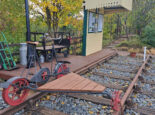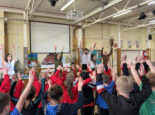Reading between the lines

In 2015, government figures put Peterborough in the bottom two local authorities (just above Nottingham) when it came to expected standards of reading at Key Stage 1 (children aged 5-7). At the time, the standard argument as to why the city fared so poorly was the high proportion of newly arrived immigrants who lacked English skills. While immigration levels in the city have remained high, efforts to improve levels of literacy in the city are showing signs of success. So, was the old explanation telling the whole story? We talked to a range of local educators and representatives from local government to get their view on the real reasons behind Peterborough’s struggles with literacy, what is being done about it, and how they see the future – and found the situation to be far more complex and nuanced than most media would have you believe.
Mark Grist

Poet, performer, educator and former English teacher in Peterborough
I first came to Peterborough for a teaching job in 2005, and I think a lot of what has gone on in education since has caused a weird split where we have started to think of children as receivers of a service rather than living, breathing individuals. We’re increasing the number of students in schools, which has a huge impact on how students see themselves as well as how well the schools can manage behaviour.
Also, there’s been an increasing emphasis on statistics. I saw schools where deputy heads were expected to run systems that would predict the grades of the students, and your performance management started to become connected very heavily with you fulfilling the requirements of this grading software. It’s mad that your child at primary school has a predicted grade that will run on all the way to GCSE. This data is based on their CATs (Cognitive AbilitiesTests), on their SATs (Statutory Assessment Tests), and on teacher assessment – and, basically, whether a teacher gets a pay rise or not depends on whether the children they teach meet that level. If your child had a bad day and got a low grade on a test, then that’s what they are considered to be capable of. But while there is a lot of pressure for teachers to meet the predicted grade, there is no incentive for them to exceed it. And if a student doesn’t get the grade, well the emphasis used to be on the student to improve, but now the focus has shifted to the teacher, so you have the parents – and the students themselves in some cases – asking the teacher why they’re not getting that grade. Teachers do an amazing job, but it can be a pretty thankless task.
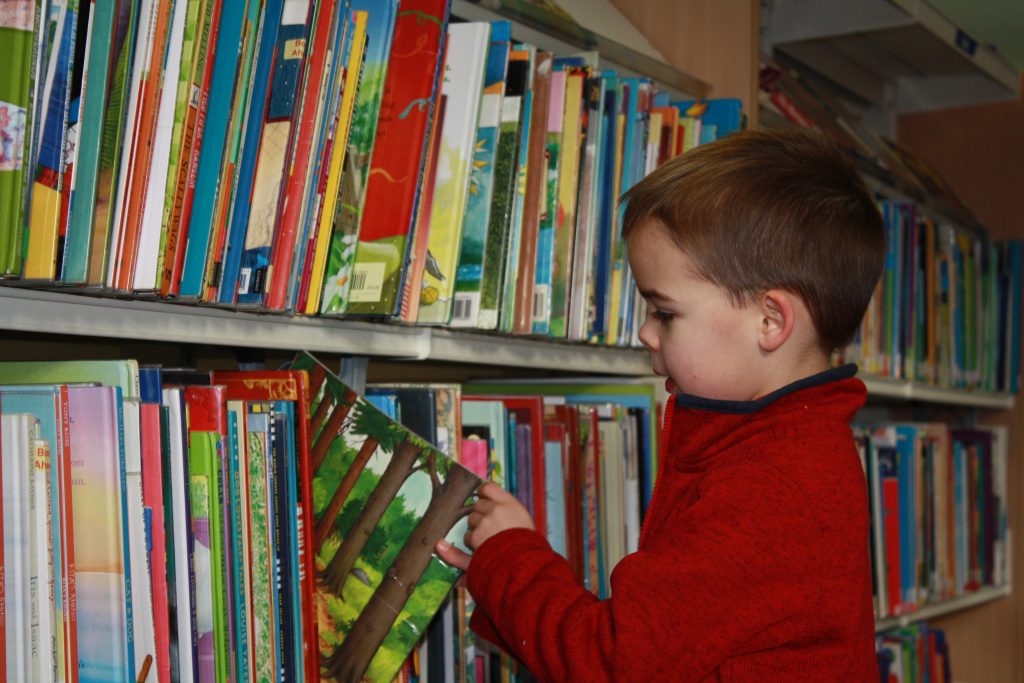
A lot of these are teething problems that have, to some extent, leveled out, but teachers have been undermined to the point that they are no longer really regarded as experts in the field. That has led to teachers either leaving teaching, or leaving the country to teach internationally. I work overseas in a lot of international schools, including some of the most expensive schools in the world – in Switzerland, Spain, Singapore, Jakarta – and the quality of life in these schools is so much better. Who can blame teachers for preferring that? They just know they can get a better deal somewhere else.
The reason these schools book me is that they feel that all the things I bring – such as poetry, and speaking and listening activities – will help foster leadership skills. These have largely been killed off in our schools. There’s no requirement in a comprehensive school for your son or daughter to be able to speak publicly. This is at a time when people have even fewer opportunities to publicly engage with each other, because everyone is locked into a screen in the evenings. There’s really nothing now that allows students to develop confidence in public situations, unless they’re in private school. In essence, I think we’re imposing a class structure at secondary school level.
The social media impact on young people is also huge. Getting kids to appreciate the value of doing things that are slow and difficult when so many things are fast and easy, is a real challenge. And reading is work; you have to meet it half way to get something from it. We need to work out how to support them, knowing that these are things the parents did not have to grow up experiencing. Those parents didn’t have Instagram or the next level of Call of Duty vying for their attention.
For me, though, the main problem is we’ve chopped down the one source of free literature for children: libraries. If you don’t have libraries, you don’t have a free way for young people to get literature, and you don’t have a safe space where they can go and read, which they may not have at home. I honestly don’t know why we think this is OK in a nation that ranks itself so highly in the western world.
Colin Baxter

Leader of Literacy and EAL (English as an Additional Language), Thomas Deacon Education Trust
I work with five schools in and around Peterborough – primary and secondary – and with key leaders within those schools to help develop the literacy programmes they have either within or outside the curriculum.
The main thrust is supporting reading, from basic phonics all the way up to academic reading, but we’re also working hard on developing pupils’ vocabulary, because there is a lot of research showing that your vocabulary impacts on wider literacy and communication skills. Linked to that we have an emphasis on what is now being called ‘oracy’, or the spoken language side of literacy. That helps people to speak in a coherent way, to speak in longer sentences and develop conversational and storytelling skills.
We also work with schools that have way above the national average of pupils who have English as an Additional Language (the national average is around 20%, and one of our schools is 100% EAL). As well as supporting them to learn English and access the curriculum, we are trying to find ways to develop their bilingualism, and to hold on to their original language. Part of that is about diversity, but also research is telling us that keeping their home language alive and celebrating their culture helps them to make links and develop wider literacy. We’re also developing our parental engagement strategy, and increasingly we’re doing that using their home language, not just English. That encourages them to talk to us.
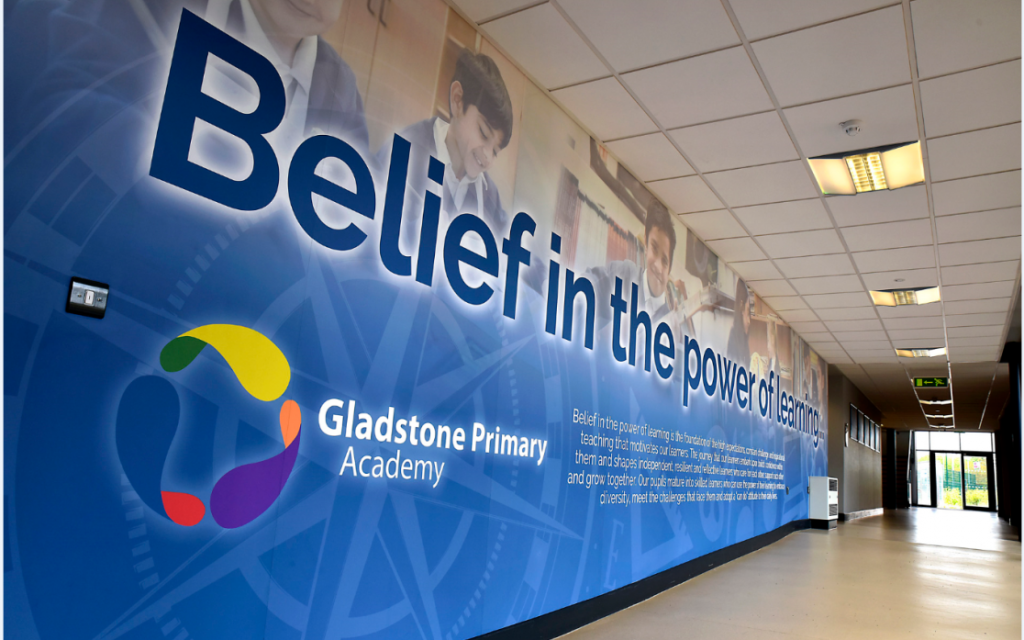
I think what we’ve realised is that you can’t become an articulate writer if you haven’t developed those skills in your speaking. So, developing quality oral communication is important before you start focusing on the nuts and bolts of spelling, punctuation and grammar, and there’s some quite specialist work that goes into teaching EALs who have just arrived in the UK.
Underlying that is helping the pupil feel welcomed, with buddies to meet and greet and support them and make them feel part of the community. Some of them have traveled under traumatic circumstances, and if they’re not well met and integrated then they’re just focused on that emotional trauma and are not open to new experiences. But once they’re happy and settled, with the tuition they need, their progress is often surprisingly rapid.
Before this current post I worked at Thomas Deacon Academy, where children transfer at the age of 11 into secondary. Over the last 8-9 years, consistently, one in three arrived with a reading age below 10. That’s across all pupils, including those who are white, British born and have always been here, not just EAL. That may be because of a bad education experience or what you might call the ‘disadvantage effect’ – growing up in families where books aren’t very prevalent and reading together doesn’t really happen. Children may be from a background where the parents don’t put a high value on education at all. On top of that you may also have financial deprivation, with parents who are both out working. We’re always looking for ways to support those pupils and close that gap. In primary schools at the moment, children who are furthest from the basic expectation when coming into a primary school are on a programme that goes right back to basics – eye contact, taking it in turns, listening before you speak, and so on.
There has been a recent shift signalled by government with the new OFSTED framework, and there’s now a much bigger emphasis on the quality of your curriculum offer. In theory, they’re looking more at the breadth of experience that the children are getting, and not just simply the outputs in terms of results. Maybe we need to look at building back in things that we as educated adults might think should be entitlements, but which currently our schools don’t allow our children to have access to within the curriculum, whether it be musical, dramatic, sporting or artistic. For the children we’ve been talking about, something visual, musical or physical is often much easier to access than something written or spoken.
Lesley Kelly
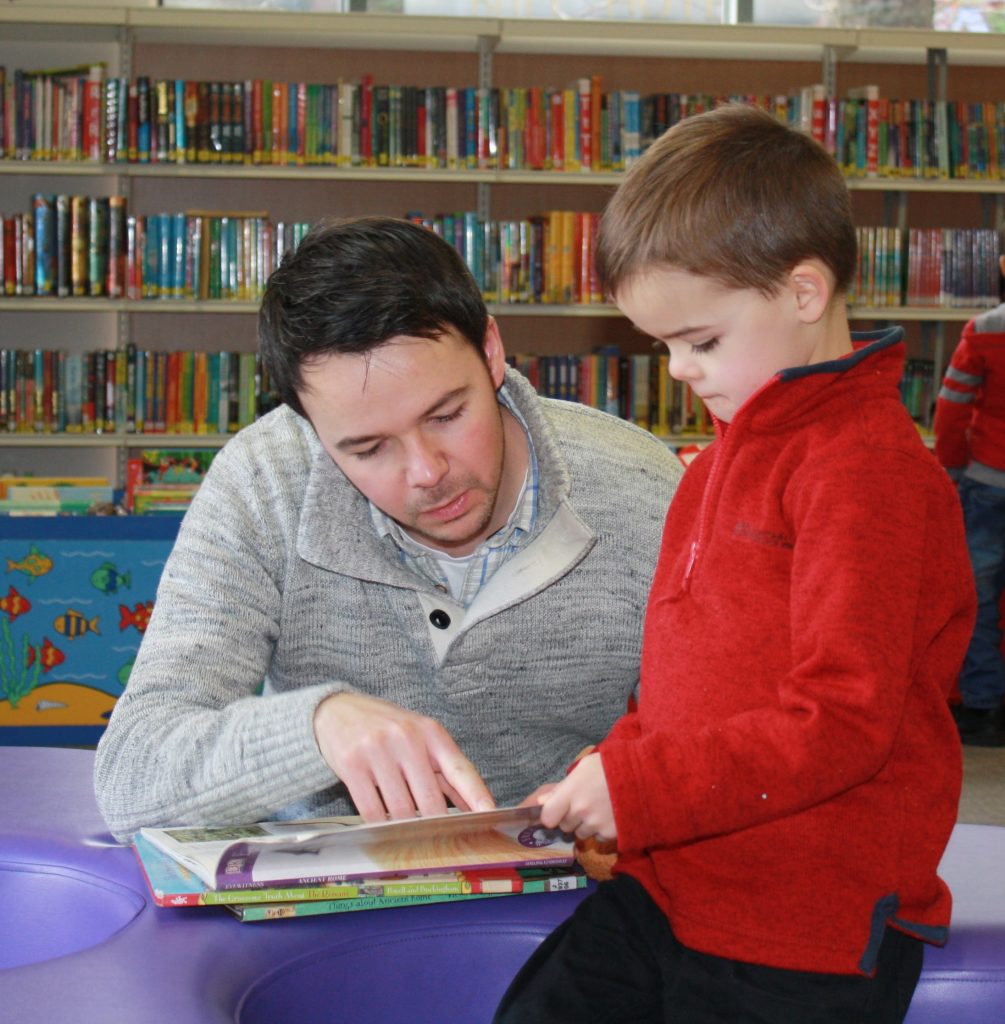
Senior Schools Standards and Effectiveness Adviser, Peterborough City Council
I work in schools to ensure that leaders and teachers are supported in improving standards and overall outcomes. I lead a small team and three of us particularly focus on developing literacy, reading, writing and phonics teaching and learning in schools.
Councillor Lynne Ayres commissioned a review a couple of years ago to establish whether Peterborough is as unique as we think it is, and she found that while lots of Peterborough’s individual features are shared with other local authorities, it’s the combination that is unique. One aspect that is very different here, compared with other local authorities, is what we call ‘churn’ – that is children who leave and join their schools at non-standard times. This was the second highest in the country. So, it’s not so much that proportions of EAL or SEN are critical factors; some EAL children are very fast learners and once they’ve acquired English do very well, and we also have a proportion of white British children who make less progress.
The level of churn is due to children arriving in the city and having to find a school temporarily until a permanent school is found within their catchment area. That’s anybody moving to, from or within the city. Schools cope with it very well, but we know that every time a child moves school, they can lose up to six weeks learning due to the upheaval, and if they make two or three moves in a year, the effects add up. This is the one area in which Peterborough is particularly unique, even though the proportions of EAL and other groups may be similar to other places. We have some schools where over 50% have joined or left a class/year group during the year. That inevitably impacts on results. But it’s important that we don’t present that as an excuse for Peterborough not doing as well as other areas. Peterborough has done very well by creating enough school places, and we’ve done that by making schools bigger rather than building new schools, but there are still challenges to overcome – to make certain that children arriving at schools mid-term are supported. As a team, we haven’t got direct control of the wider situation, of which school they go to and when.
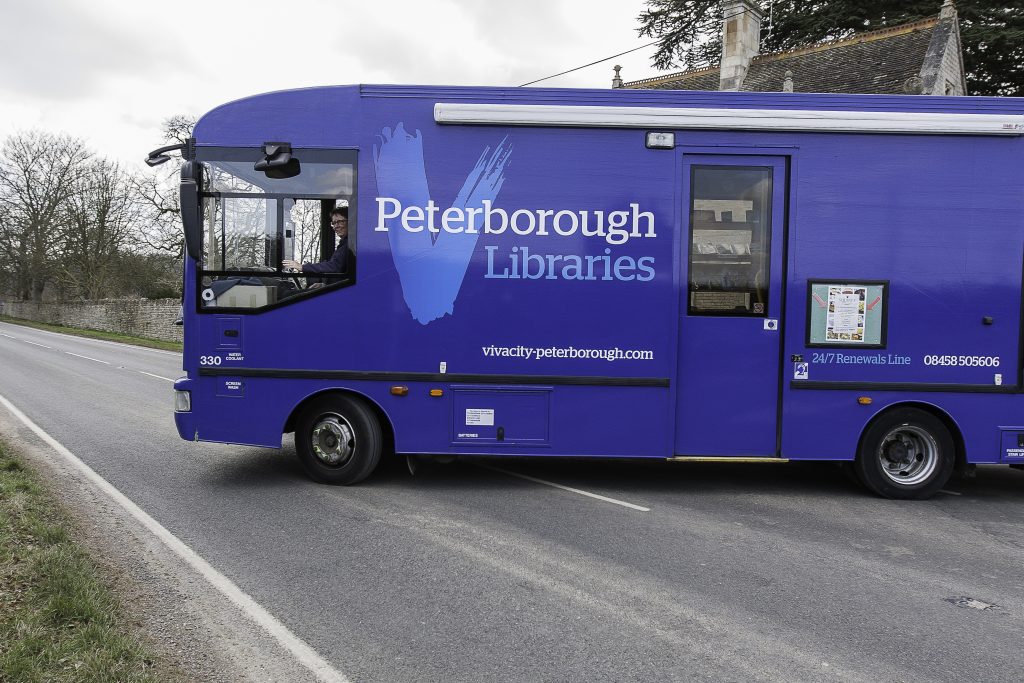
We get very good support from Vivacity and the Reading Development Officers at the libraries. They’re part of the Vision for Reading initiative and of the development of the Year of Reading. We work in partnership with Vivacity and the National Literacy Trust to overcome some of the wider barriers to learning. All this is part of the Vision for Reading initiative commissioned in 2018 by Councillor Holdich originally, now taken over by Councillor Ayres. This is the result of partnership working between the Council, Vivacity, the National Literacy Trust, businesses and the wider community. There are very clear aims and outcomes for this project which will be measured over three years, and we’re very fortunate to be a National Literacy Trust hub as part of that. The work of the National Literacy Hub and the Hub Manager, Sally Atkinson has been invaluable.
It’s difficult to make some people visit libraries, but the library’s Book Bus has been visiting schools and communities for the past year, so children can get involved and encourage their parents to take them. Libraries have lots of initiatives for encouraging membership, like the Summer Reading Challenge, Picnic in the Park and library events where they bring the library to the children and parents and raise awareness of what they do.
This is all partnership work. It isn’t the Council working on its own. This is where we’re most likely to succeed, because it is about the council, schools, the community and businesses all working together.
We’ve just completed the programme for Year of Reading 2019-20, with reading events every month – poetry, digital reading, non-fiction, puppetry, story-telling – everything we can do to engage children in reading. These partnerships were initiated by Councillor Holdich and Councillor Ayres but we could not do this without our partners. It’s not one problem that has one solution.
Councillor Lynne Ayres
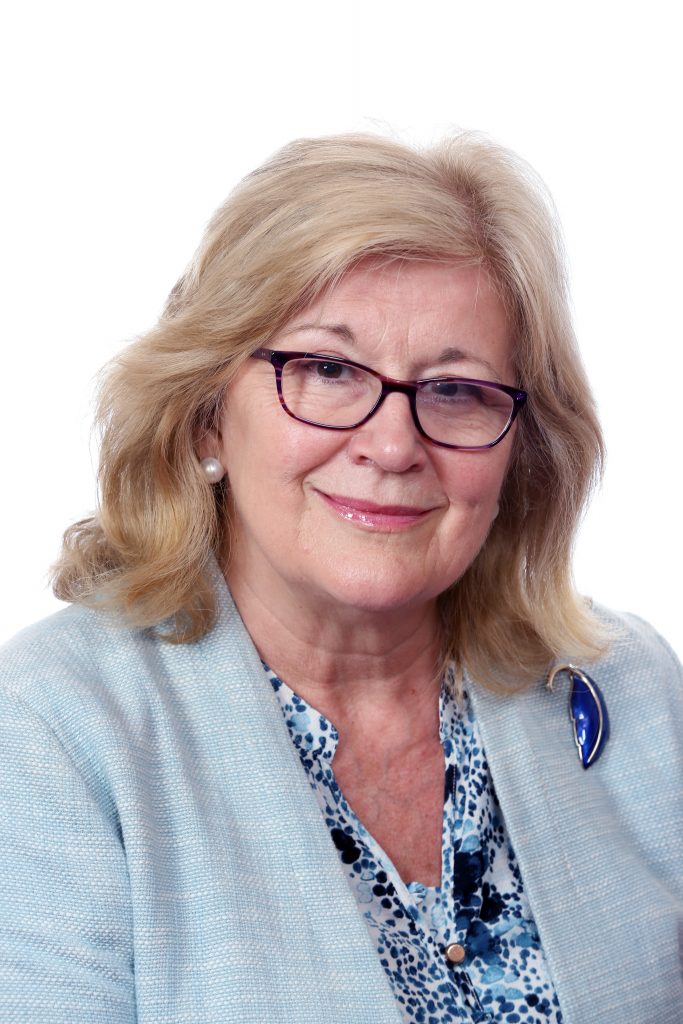
Cabinet member for Education, Skills and University for Peterborough City Council
In 2017 I carried out a thorough review of education in Peterborough to understand whether anything further could be done to improve the education offered to children and young people and to test whether the challenges identified, such as the movement of children between schools in year, was accurate. I concluded that Peterborough does face what can only be described as a unique set of challenges, meaning schools face more of a challenge than their counterparts in other areas of the country to achieve expected standards for pupils.
Since my report was published the local authority, schools, the Regional Schools Commissioner’s office, OFSTED and everyone involved in education in our city have been working to implement the recommendations and make the improvements that we need to.
As a result we are making steady progress. Since 2016 our Key Stage 2 results have improved by 14% in reading, 3% in writing and 9% in mathematics.
For the fourth year running, Peterborough is above the national average for the number of pupils achieving A-level passes and GCSE results remained consistent, amongst a new examination system. 89% of the city’s primary schools are judged by OFSTED to be either good or outstanding, which is better than the national average.
In the past year we’ve implemented a range of improvement measures in schools. We’ve undertaken a survey of governing bodies to identify where gaps exist in skills and where schools currently have vacancies. Once this information is collated, we intend launching a targeted recruitment campaign based upon skills.
We held a workshop to look at how we can best supporting children in challenging circumstances and we’re doing lots of work to encourage parents to make sure their children are ready to start school, for example toilet trained and able to dress themselves, so that teachers can concentrate on teaching.
I am extremely proud of the achievements we have made in our schools in the past year – it shows the level of dedication by everyone in education in the city and their abiding willingness to improve. However, we remain under no illusions that the challenges we face are significant and there is much more work that still needs to be done. My aim for 2019 is to build on the progress we have made so that we continue to see improved outcomes for all children in Peterborough.
Peterborough Vision for Reading (2018-2020)
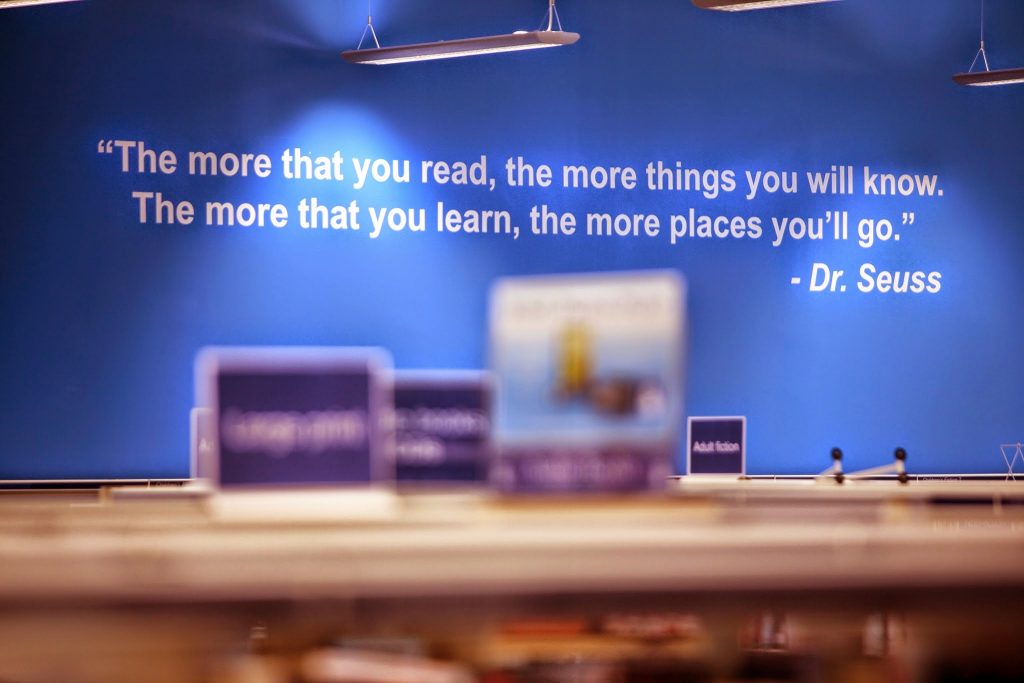
The Peterborough Vision for Reading (2018-2020) was created to support the development of reading across the city. It was written in partnership with Peterborough City Council, Vivacity and the National Literacy Trust. The need for it to be developed arose because outcomes in schools for children at end of KS1 and KS2 are below national averages and need to improve. It is recognised that Peterborough has a diverse community (Peterborough currently has 154 different languages spoken across the schools) and further cohesion needs to be developed. Peterborough also has a large amount of churn (children moving into and out of schools at non-standard times of the year) and only 20% of the population use the ten libraries across Peterborough. Improved reading is also linked to better public health and greater opportunities within education and employment.
There has been a focus on:
School Readiness – Data from School Readiness School Surveys showed that a quarter or more of children entering school were not yet ready to learn in 2016. Teachers are having to spend valuable time teaching children to put their coat on, use utensils and to listen, share and communicate effectively to ensure children have solid foundations for developing their reading and writing skills. A School Readiness Project Board has been established to provide direction for developing materials and activities that support early communication and reading, as well as developing children’s independence.
Schools are also working in partnership with the preschool sector delivering such programmes as Early Words Together from the National Literacy Trust, encouraging reading at home. Other programmes have been developed by Vivacity to support the Home Learning Environment and encouraging parents and children to use libraries. Schools are working in partnership with organisations such as Cross Keys and City College to promote the development of reading.
Reading Buddies – 71 Reading Buddies have been centrally trained by Sue Howard from the School Standards and Effectiveness Team. School Trainers have also been trained so Reading Buddy volunteers can be trained within schools. Currently there are 120 active Reading Buddies in schools.
Partnership Working – The National Literacy Trust Hub Manager Sally Atkinson in Peterborough works in close partnership with different schools, community groups and organisations to ensure that all partners, including businesses, work to improve outcomes for children.
The English Challenge – this has been introduced into the City. Teams of Year 6 children from primary schools across Peterborough have come together to compete for the English Challenge Trophy. The winner this year was Nene Valley Primary.
The Year of Reading Schools will be participating in the activities organised for the Year of Reading which will be launched in June 2019 and will run from summer 2019 to September 2020. Activities will include developing a Book Bench trail across the City which will be coordinated by the National Literacy Trust Hub in conjunction with monthly themes, activities, exhibitions and competitions. Vivacity are working in partnership with partners to apply for some Arts Council funding to support the development of the Year of Reading. The National Literacy Trust are developing links with business partners to provide further financial support.
Launch events have been set for June 2019: 22 June Launch date on Cathedral Square; 27 June, 6pm-8pm Launch date for businesses and organisations at Key Theatre; 19 June launch for schools and preschools.
The National Literacy Trust has recently received funding from the National Lottery Community Fund to support the Peterborough Reads campaign as part of the Year of Reading. Literacy Champions are to be developed in Peterborough (30 volunteers working on Literacy projects) and a Literacy Champion Development Officer, based in Peterborough, is currently being recruited.
The NLT has also received funding from DfE via the VSO grant for developing Home Learning Environments through developing partnerships with Business volunteers such as Clarkes shoes and the development of an app to be trialled in one or two preschool settings. An HLE Officer has been recently appointed to work two days a week in Peterborough.
Improving Reading Outcomes – the Local Authority Standards and Effectiveness Team are supporting schools in Peterborough to improve the outcomes, in reading, particularly at end of KS1 and KS2. At end of KS2 reading outcomes have improved by 14% since 2016 but this is still below national average. Reading for Inference training has been recently developed in over 30 schools. This supports teachers in developing children’s understanding of what they have read and also supports the development of vocabulary. The teaching of phonics in KS1 has also been a focus for 2018/19 with 14 schools participating in a programme. Effective strategies are being shared and developed from schools in the London borough of Newham, and from Peterborough schools where phonics and reading outcomes are good.
To find out more about coming events, visit: www.peterboroughcelebrates.org.uk
Image: www.freepik.com/free-photos-vectors/background
Background vector created by freepik








